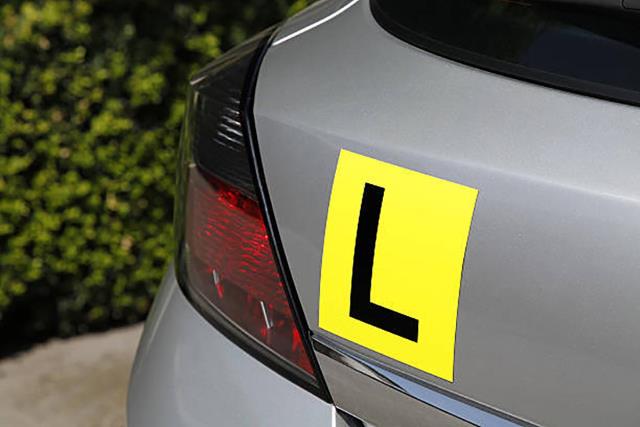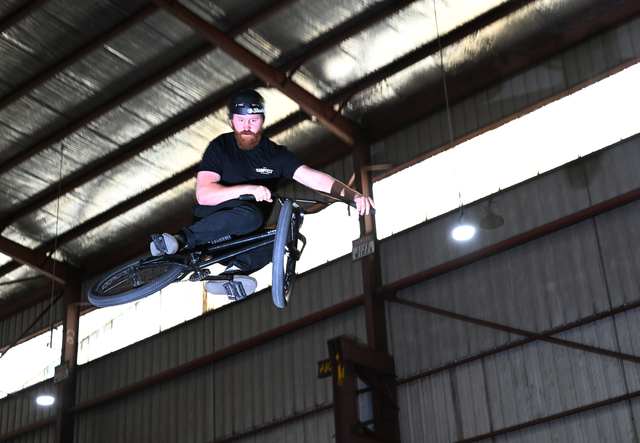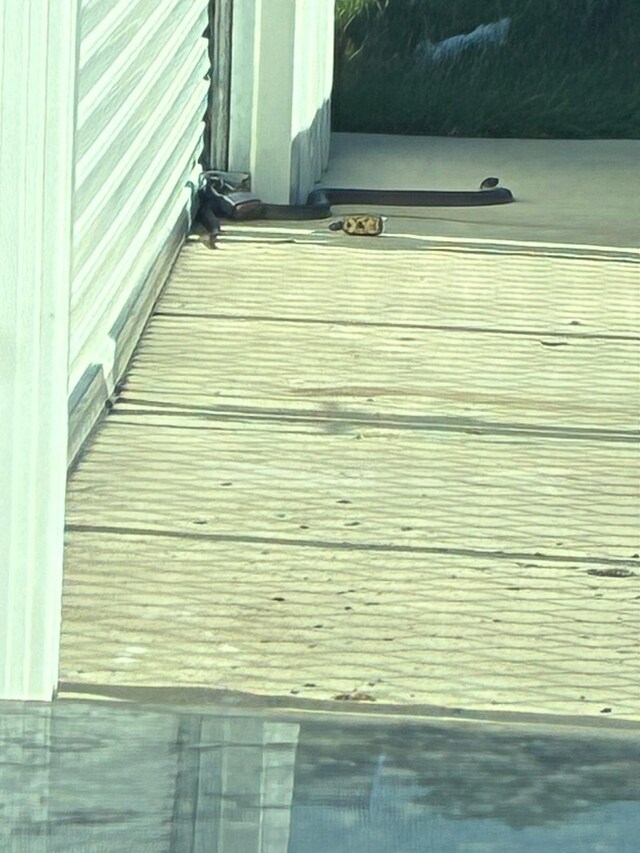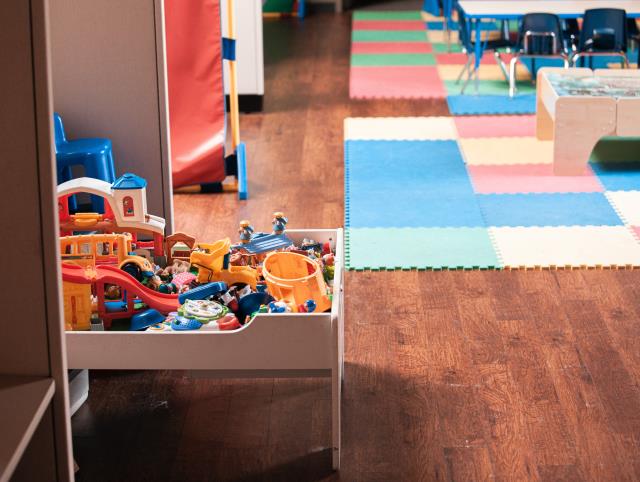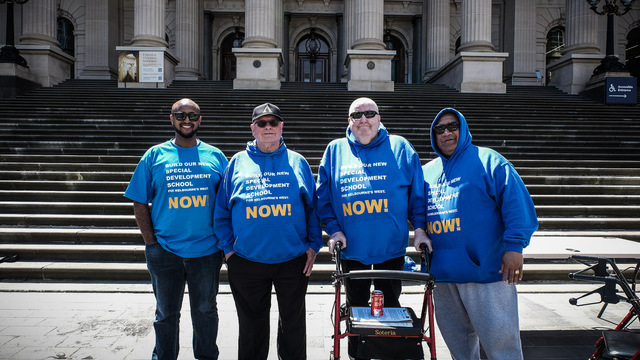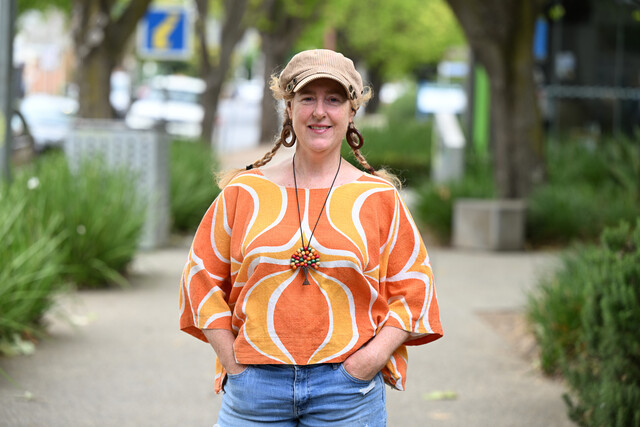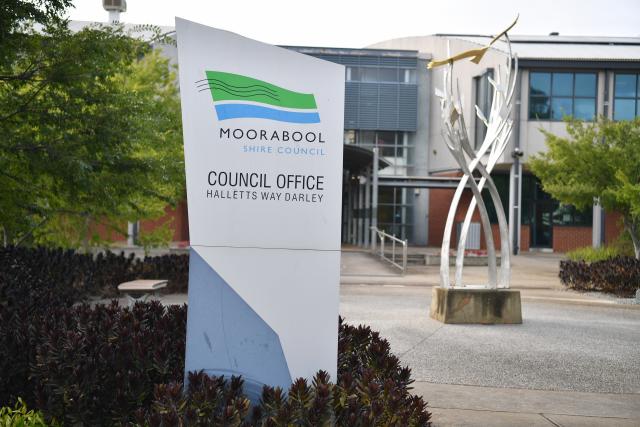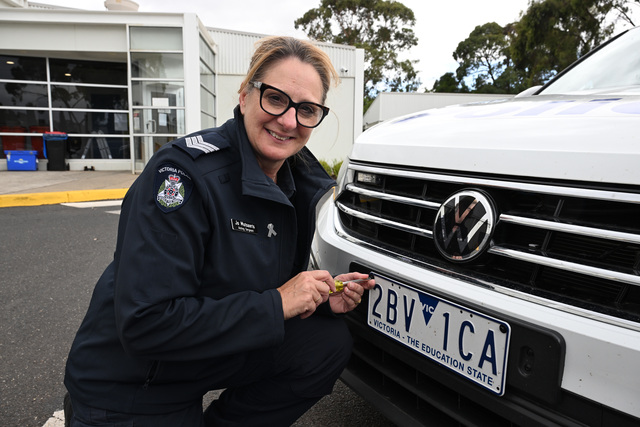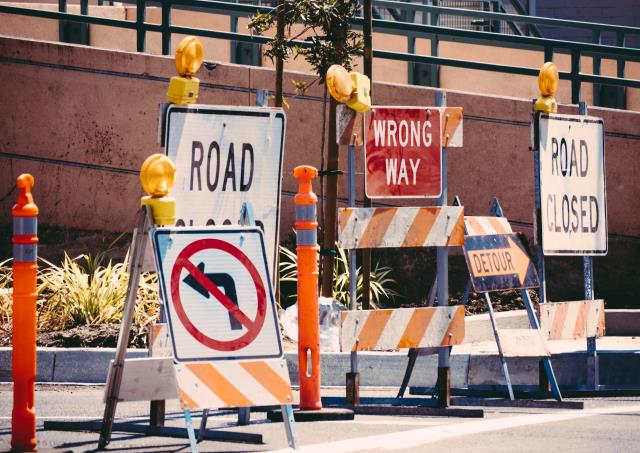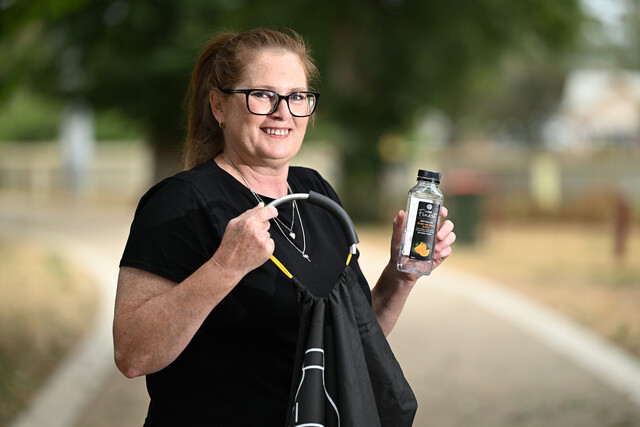Residents are outraged by Ballan Health’s decision to introduce a $23 co-payment they say will badly hit the hip pockets of the town’s “working poor”.
As of this week, patients over 16 who don’t have a long-term “complex” health issue and are not pension or concession cardholders, won’t be bulk-billed and will be required to cough up the full consultation fee of $60.
Medicare will reimburse $37.05 of the fee.
Ballan Health chief executive Wayne Weaire said the $23 co-payment would be used to meet the pay rise demands of the centre’s doctors.
More than 100 people turned up to a community meeting last Wednesday to demand answers from board members as to why there was no community consultation before they made the co-payment decision.
Mr Weaire told the meeting that if the board members listened to the community and did not introduce a co-payment, the centre would lose doctors.
“But you’re losing the community,” one audience member told the panel, while others threatened to not visit the health centre in future.
“This is a community issue, not a business model,” said another person. “Why couldn’t we have had this consultation before you made a decision? It doesn’t look like a caring decision… We have a lot of people in the town who don’t have a job.”
Mr Weaire said that, based on research, 70 per cent of the current patients would continue to be bulk-billed, and charging the fee was at the discretion of the doctors.
Two Ballan health professionals, who asked to remain anonymous, told Star Weekly they were worried about the “working poor”.
“When you’re talking about the working poor, there’s not much of a gap in their bank account,” one said. “They have a car, a house, food and they’re going to work, but they don’t have the money for the extras. Sometimes that will be enough to stop them from going to the doctor.”
Mr Weaire said the board had been discussing introducing a co-payment for the past three years and had “finally got to that point where we couldn’t go any further in terms of meeting the doctors’ salary expectations”.
Asked about those who are not in complete financial strife but are considered the “working poor”, Mr Weaire said: “How do we support that part of the community?
Two Ballan health professionals, who asked to remain anonymous, told Star Weekly “Do I look for other ways to support working poor and lose doctors? That’s between a rock and a hard place.”



